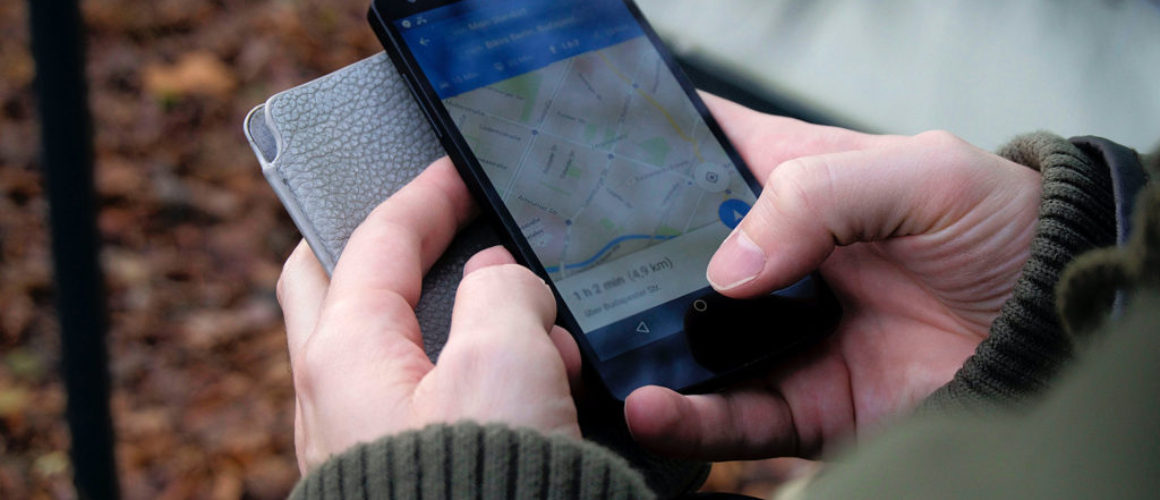What is a GPS Tracker?
Track a package, monitor loved ones from far away, and schedule trips to maximize workforce productivity and safety. These are just a few of the amazing uses of GPS.
GPS is a global navigation satellite system that provides positioning, navigation, and timing (PNT) services. From smartphones to submarines, GPS systems are found everywhere. And they’re a game-changer!
GPS Defined
In space, there’s a network of satellites and receiving devices that can determine the location of any object on earth. Using a technique called trilateration, they provide latitude, longitude, altitude, and time. This involves three satellites communicating with each other as well as receivers.
The US military began GPS as a project, launching their first experimental satellite in 1978. They were able to complete their lineup of 24 satellites by 1994. But the US is not the only one with GPS capabilities.
GPS is one of four Global Navigation Satellite Systems alongside GLONASS (Russia), Galileo (European Union), and BeiDou (China). There are also two regional systems: QZSS (Japan) and IRNSS/NavIC (India).
In the beginning, civilian GPS use did not produce precise location data, but as the years progressed, so did the technology. Nowadays, some GPS receivers are so precise that they can establish a location within 1 centimeter or 0.4 inches. The technology is free and available to anyone who has a GPS receiver.
Why Using a GPS Tracker is a Must
Knowing the location of anything in seconds is amazing. Enter GPS trackers, which can monitor any object or person’s real-time location as long as the tracker is with them. With just a few clicks, anyone can know the exact whereabouts of their loved ones. Never lose sight of belongings anymore and have peace of mind, knowing where they are located.
Having one in the car is important because it can monitor its location in real-time. If the vehicle is stolen or figures in an accident, a GPS tracker can reveal its position in an instant. No more losing the car in the parking lot because knowing where it’s parked is just a tap away.
Kids and pets can also get lost. But don’t fret—a GPS tracker can trace them within minutes if they wander off. Whether they are on the move or in place, a GPS tracker can push updates regarding their location anytime.
Businesses can also take advantage of GPS trackers. Logistics companies can plot their routes ahead, improving productivity and safety. Construction firms can locate missing or stolen equipment and prevent the misuse of vehicles. And law enforcement officials can respond to distress calls faster.
The Positive Impact of GPS Tracking
GPS tracking is crucial to disaster and rescue operations. It allows mission supervisors to track the exact location of their first responders, coordinating retrieval operations with tactical efficiency. Equipped with GPS trackers, team leaders can even record how fast their team responded to a crisis. If reinforcements are needed, the backup will know where they must go using actual geographical locations.
Farming also benefits from GPS tracking. Farmers can program their tractors’ routes to reduce manual labor. With hundreds of acres to work with, they save time and resources in monitoring their lands. It will help them focus on research and development because they already have a system that takes care of their farm.
Conclusion
Having a GPS tracker is extremely advantageous. Parents can monitor their children, ensuring they’re safe. Rescue teams can save lives faster, and safer. Delivery companies will be more effective because they can watch over their fleets, wherever they may be.
Whether for personal or business use, GPS trackers are beneficial and ultimately helpful in any scenario.




